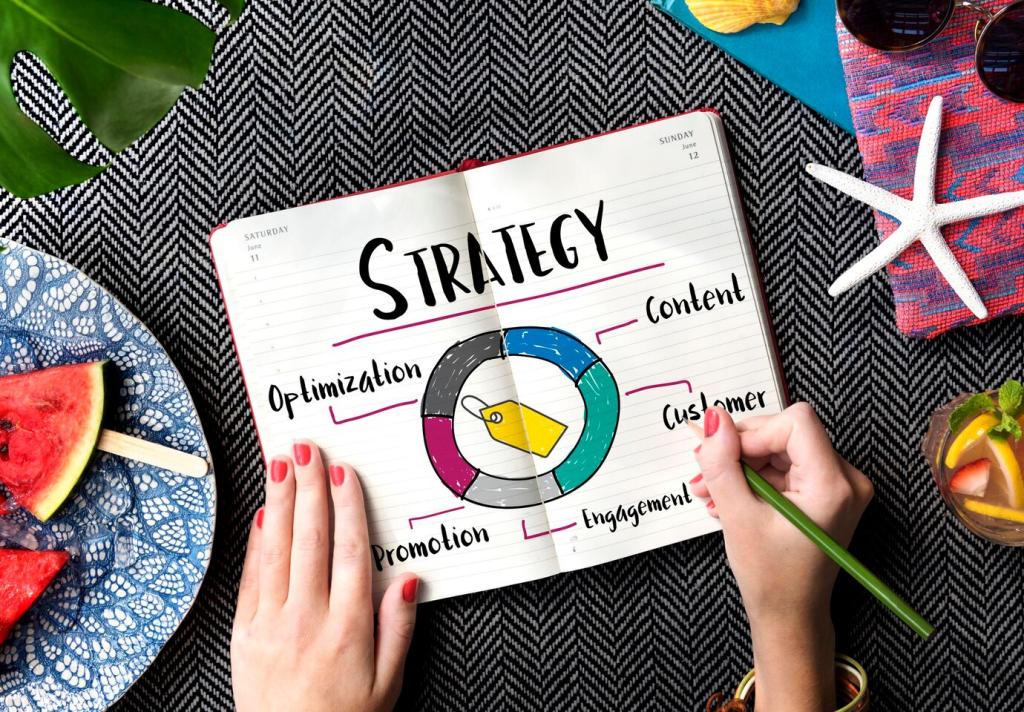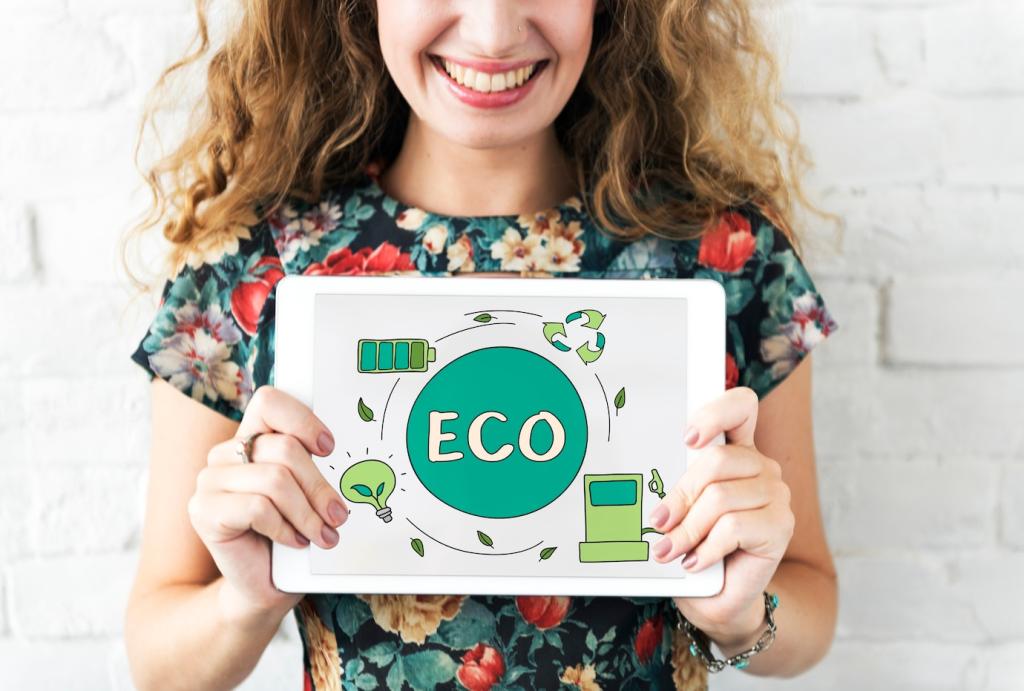Honest Storytelling that Moves People
Pair numbers with lived experiences to make benefits tangible. Instead of “saves 1,200 liters of water,” say “helps a family keep their garden thriving through summer droughts.” Stories grounded in real contexts feel authentic. Share your own green lifestyle milestone, and we may feature it next week.
Honest Storytelling that Moves People
A neighborhood café listed every packaging material on its menu and explained why each was chosen. Customers started sorting waste correctly, and compost contamination dropped. The café’s candid notes turned skepticism into pride. Would you try similar transparency notes in your business? Tell us how.







